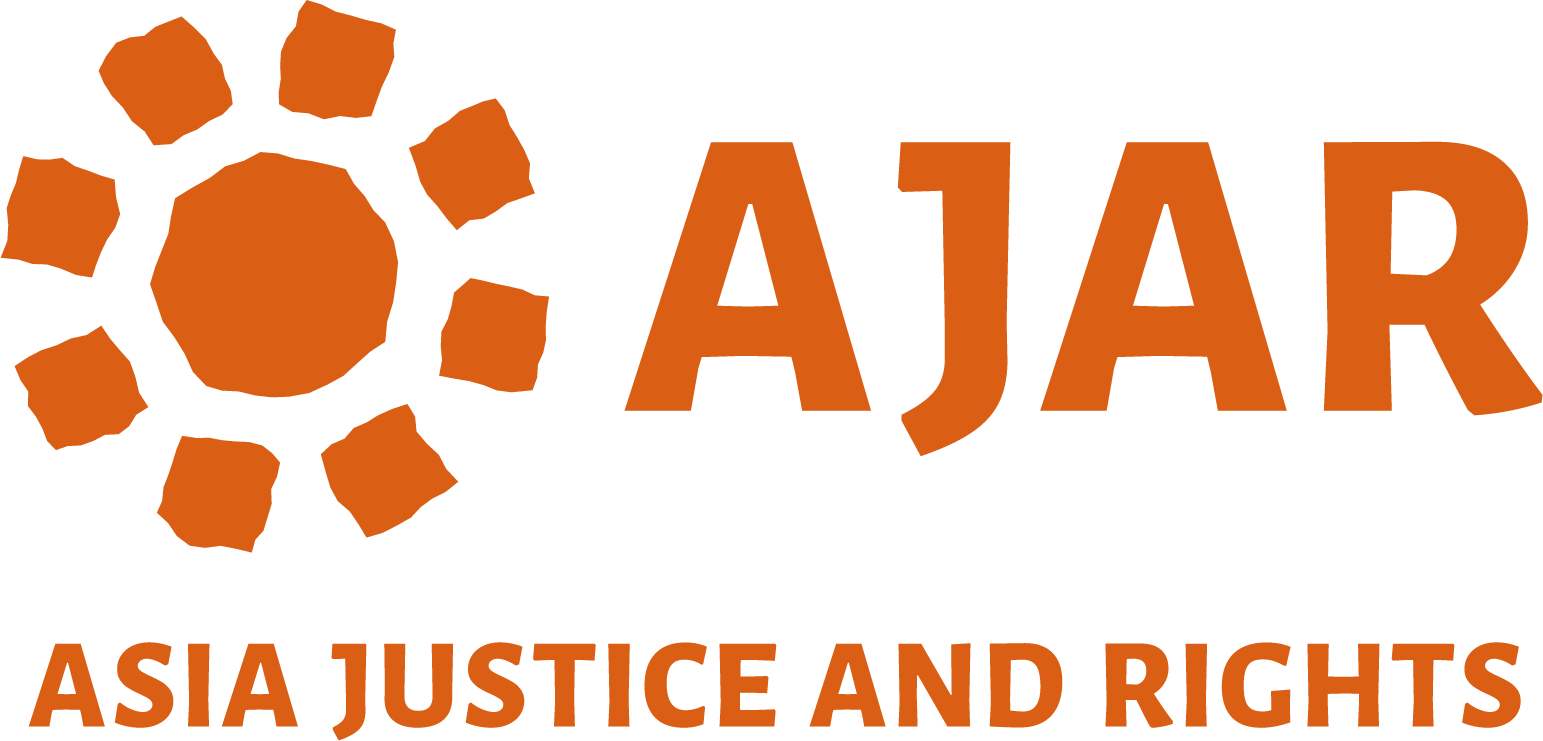Using the video and readings, please complete the following quiz on Prosecution. As is the case with all five modules in the course, there are 5 true/false questions and 10 multiple choice.
Quiz Summary
0 of 15 Questions completed
Questions:
Information
You have already completed the quiz before. Hence you can not start it again.
Quiz is loading…
You must sign in or sign up to start the quiz.
You must first complete the following:
Results
Results
0 of 15 Questions answered correctly
Your time:
Time has elapsed
You have reached 0 of 0 point(s), (0)
Earned Point(s): 0 of 0, (0)
0 Essay(s) Pending (Possible Point(s): 0)
Categories
- Not categorized 0%
-
Well done! You have completed the Quiz for Module 3: Prosection and your results have been saved. Please click the button below to proceed to the next Module.
- 1
- 2
- 3
- 4
- 5
- 6
- 7
- 8
- 9
- 10
- 11
- 12
- 13
- 14
- 15
- Current
- Review
- Answered
- Correct
- Incorrect
-
Question 1 of 15
1. Question
Superiors within a chain of command being held criminally responsible for criminal activities they did not directly do or order, but that they did not prevent or stop, is known as ‘individual criminal responsibility.’
CorrectIncorrect -
Question 2 of 15
2. Question
Prosecutions may restore victims’ dignity and public confidence in the rule of law by combating impunity.
CorrectIncorrect -
Question 3 of 15
3. Question
Universal jurisdiction is a legal principle that permits a state to conduct criminal proceedings for certain crimes regardless of where the crimes took place or whether those involved are citizens or nationals of that state.
CorrectIncorrect -
Question 4 of 15
4. Question
The International Criminal Court (ICC) is designed to replace national courts.
CorrectIncorrect -
Question 5 of 15
5. Question
Prosecutions for international crimes may have more impact when they are conducted in the society where the crimes occurred.
CorrectIncorrect -
Question 6 of 15
6. Question
During which stage of the ICC legal process would three judges consider all evidence, then issue a verdict and, when there is a verdict of guilt, issue a sentence?
CorrectIncorrect -
Question 7 of 15
7. Question
During the legal process of the International Criminal Court (ICC), which of the following would be carried out during the stage of preliminary examinations?
CorrectIncorrect -
Question 8 of 15
8. Question
What is the term for individuals being held criminally responsible not only for committing genocide, crimes against humanity, and war crimes, but also for attempting, facilitating, or aiding and abetting the commission of such crimes, as well planning and instigating the commission of such crimes?
CorrectIncorrect -
Question 9 of 15
9. Question
Which of the following is not a way through which the ICC may obtain jurisdiction over a situation?
CorrectIncorrect -
Question 10 of 15
10. Question
Which of the following is an example of an international court?
CorrectIncorrect -
Question 11 of 15
11. Question
According to the Rome Statute, which of the following does not fall within the jurisdiction of the International Criminal Court?
CorrectIncorrect -
Question 12 of 15
12. Question
The crime of genocide involves certain acts committed with intent to destroy, in whole or in part, which of the following groups?
CorrectIncorrect -
Question 13 of 15
13. Question
Which of the following countries have ratified the Rome Statute?
CorrectIncorrect -
Question 14 of 15
14. Question
Which of the following is not a valid reason as to why an international court is used rather than a national court?
CorrectIncorrect -
Question 15 of 15
15. Question
The formation of the International Criminal Court was largely in response to which of the following events?
CorrectIncorrect
